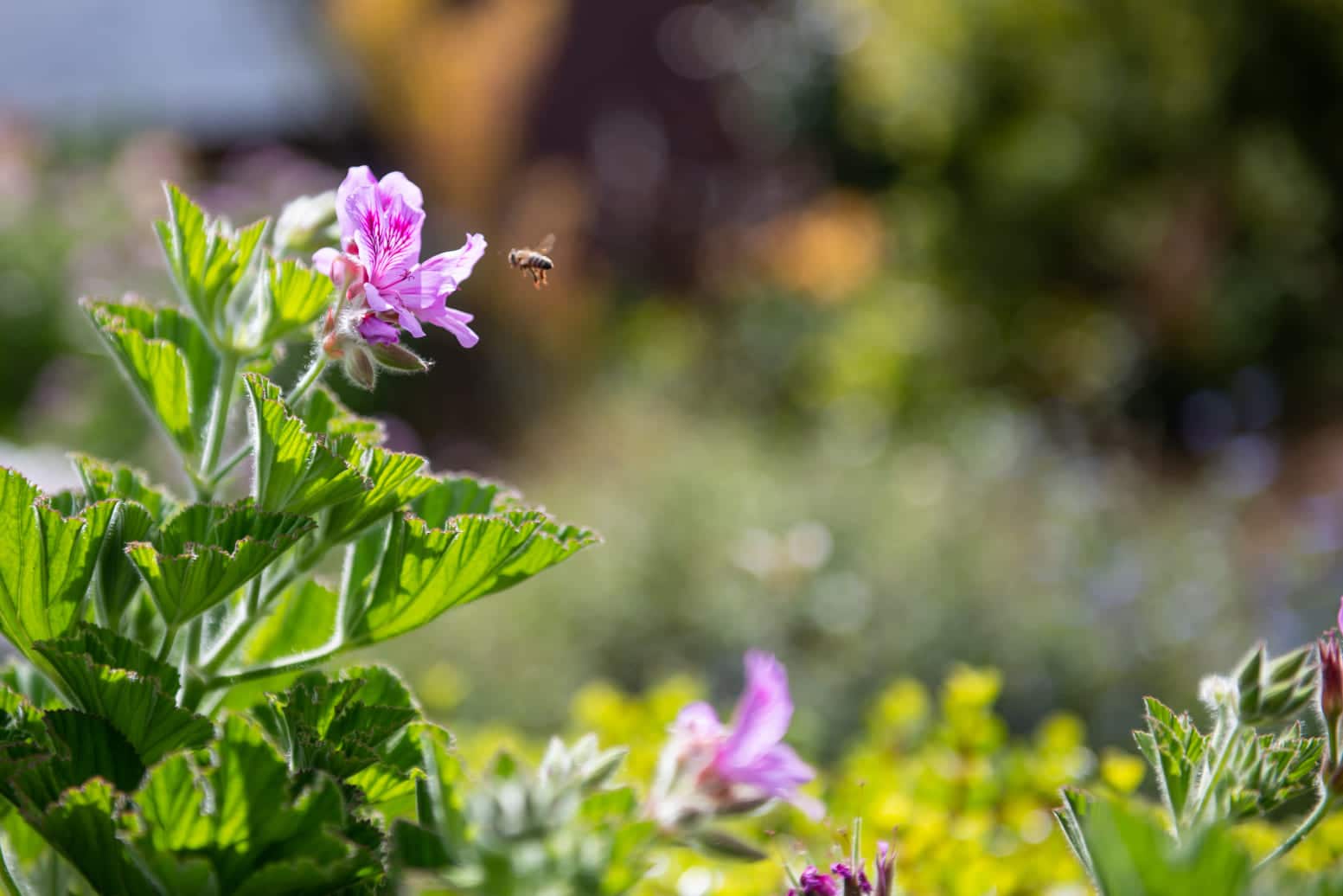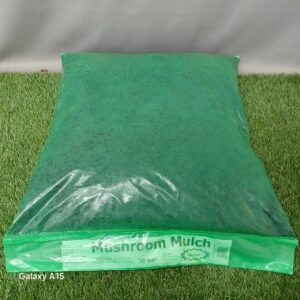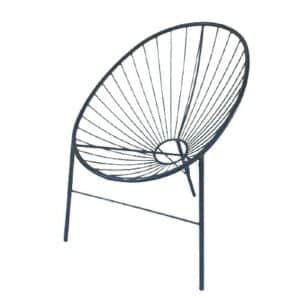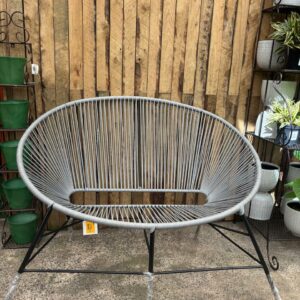How to attract bees to your garden
Indigenous and fynbos

If you’re a nature enthusiast or an avid gardener, attracting bees to your garden with the right plants is a beautiful way to support these hardworking pollinators.
Here’s everything you need to know to create an inviting bee environment.
Choose bee-friendly indigenous plants
The first step to attracting bees is to provide them with a diverse array of nectar- and protein-rich flowers.
Focus on indigenous trees and plants, as they’re well-suited to the local climate and have co-evolved with local bee species. They’re also more water-wise, which makes for easy upkeep.
Include a mix of flowering herbs, fynbos (bees love protea flowers), shrubs, and fruit trees to ensure a continuous bloom throughout the seasons.
These are some of the indigenous, bee-friendly plants we recommend:
- Shrubs
- September bush (Polygala myrtifolia)
- Aloes (such as Aloe ferox, Aloe vera and Aloe arborescens)
- Mountain resin bush (Euryops abrotanifolius)
- River resin bush (Euryops virgineus)
- Trees
- Acacias (Acacia spp.)
- False olive (Buddleja saligna)
- Cape holly (Ilex mitis)
- Forest elder (Nuxia floribunda)
- Bulbous plants
- African blue lily (Agapanthus praecox)
- Wild iris (Dietes spp.)
- Red hot pokers (Kniphofia spp.)
- Perennials
- African wormwood (Artemisia afra)
- Bush violet (Barleria obtusa)
Create a water source for the bees
Bees, like all living creatures, require water. Provide a shallow water source in your garden. This could be a birdbath or a dish with rocks or pebbles they can use to perch on. Alternatively, repurpose one of your pot saucers into a little drinking bowl.
Place the water source in a sunny spot and ensure it’s regularly filled. Adding some floating plants, like water lilies, can also provide additional resting spots for bees as they drink.
Provide nesting sites
Bees need suitable nesting sites to lay their eggs. Some bee species nest in the ground, while others prefer cavities in dead wood or hollow plant stems.
Leave patches of bare, undisturbed soil in your garden for ground-nesting bees, and create bee hotels or bundles of hollow stems to accommodate species that nest above ground.
These nesting sites offer shelter and protection, encouraging bees to reproduce in your garden.
Minimise chemical use
Pesticides and insecticides can harm bees and disrupt their natural life cycle.
Instead of using these harsh products, opt for organic gardening techniques and natural pest-control methods. Use companion planting techniques, such as planting marigolds to deter aphids, and encourage beneficial insects like ladybugs that prey on garden pests to make your garden their home.
Plant in clusters and layers
Bees are more likely to visit gardens with large patches of the same type of plant.
Planting in clusters ensures bees don’t have to work quite as hard to gather nectar and pollen. For example, patches of fynbos plants can create a wonderful habitat for bees.
Additionally, it helps to incorporate plants of varying heights to create layers, as this mimics bees’ natural environment and provides diverse foraging opportunities. A mix of tall trees, medium-sized shrubs, and low-growing indigenous plants will attract different bee species.
Extend the blooming season
Aim for a garden that blooms from early spring to late autumn to invite bees to your garden throughout the year.
Choose indigenous plants that offer a range of flowering times, ensuring a consistent food supply for bees. Incorporating early-flowering bulbs, late-season perennials, and plants with extended blooming periods will provide bees with a buffet of nectar and pollen across all seasons.
Local beekeeper Jacques Barben of Barben Bees recommends the book Beeplants of South Africa for those looking to take a deep dive into the pollen and nectar value of different plants.
“Use the book to get detailed information on which plants provide a nice supply of nectar and pollen and at what times of year,” Jacques says.
Support World Honey Bee Day
When you attract bees to your property, you not only enhance the beauty of your garden but also contribute to the well-being of these essential pollinators and the overall health of our planet. Everybody wins.
Did you know that 19 August is World Honey Bee Day? To support these vital insects and make your garden more bee-friendly, visit our online store or pop into your nearest Stodels Garden Centre. Gardening simply couldn’t “bee” easier!
You might also like
Shop online
-
HAMSTER WHEEL
- R79.99
- Add to cart Learn More
-
LOUNGER POD 92X68.5X87CM
- R1,764.99
- Add to cart Learn More
-
2 SEATER POD LOUNGER STRING
- R3,779.99
- Select options This product has multiple variants. The options may be chosen on the product page Learn More




